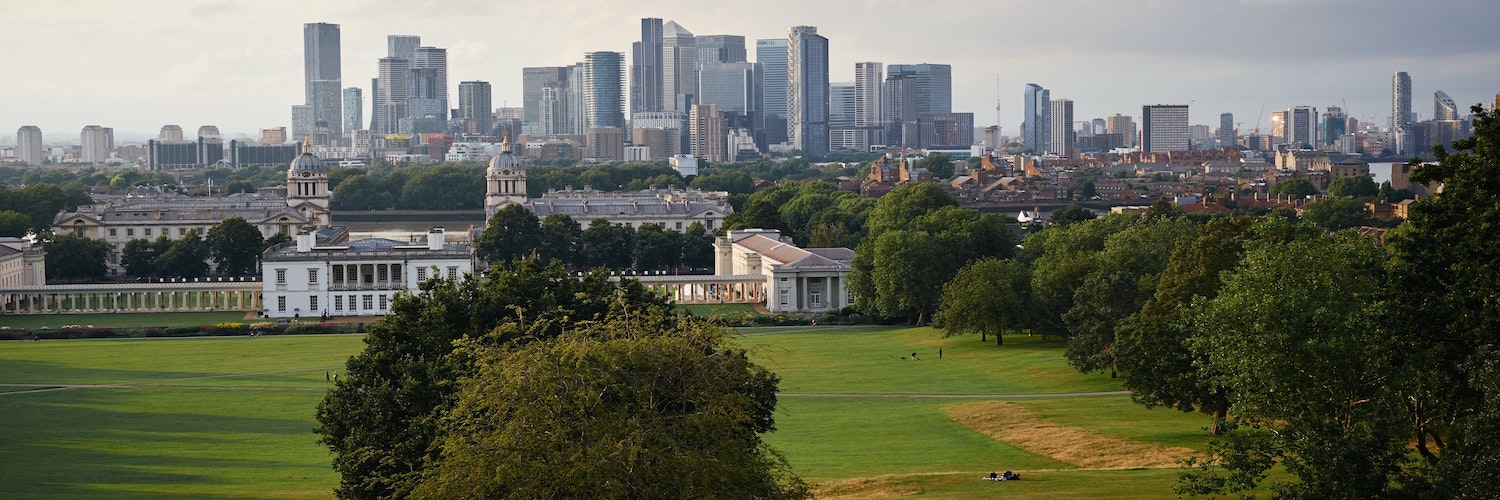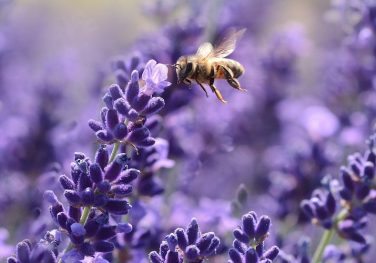Butterfly Conservation
Helping Londoners discover more about butterflies
Green spaces and nature are two things we’re passionate about at Kusuma Trust. It’s why we wanted to support the ‘Big City Butterflies’ project – helping people in parts of London where access to green spaces is most challenging, to learn more about butterflies, moths and insects, and develop new approaches to urban conservation.
Our grant of £9,267 will help fund a community programme teaching people of all ages about their natural heritage, encouraging them to seek out nature in their gardens, school grounds and other local greenspaces.
- Our grant of £9,267 to the Big City Butterflies project will help Londoners discover and connect with butterflies, moths and the greenspaces that support them
- The project will reach a range of audiences, including families, school children, local residents, community groups and volunteers, from 5 to 75 years of age.
- Over the full four years of the project, 138 green sites will benefit from habitat management, 660 volunteer opportunities will be created, and there will be 144 events to engage the public including school visits and community engagement.

Forming new Habits
The project involves a range of activities and events that give people the opportunity to learn about butterflies and moths in a creative way, such as photography, storytelling or costume design. The project will also organise public engagement events, identification and recording workshops, site advice visits and habitat management training workshops.
Additionally, the charity will deliver courses, which will help Londoners from Black, Asian and other minority backgrounds, who tend to spend less time outside in green spaces due to a number of barriers, to nurture a closer relationship with the natural world via woodland living skills, wildlife identification and traditional craft courses.
“We’re optimistic that the Big City Butterflies project will increase opportunities for butterfly conservation to engage with new audiences – and enable them to develop and test new approaches to conservation in an urban context.
More Success Stories

